6 Companies That Invest in Themselves
Capital expenditures are on the upswing as many companies take advantage of savings from a lower tax rate and a more favorable depreciation schedule.
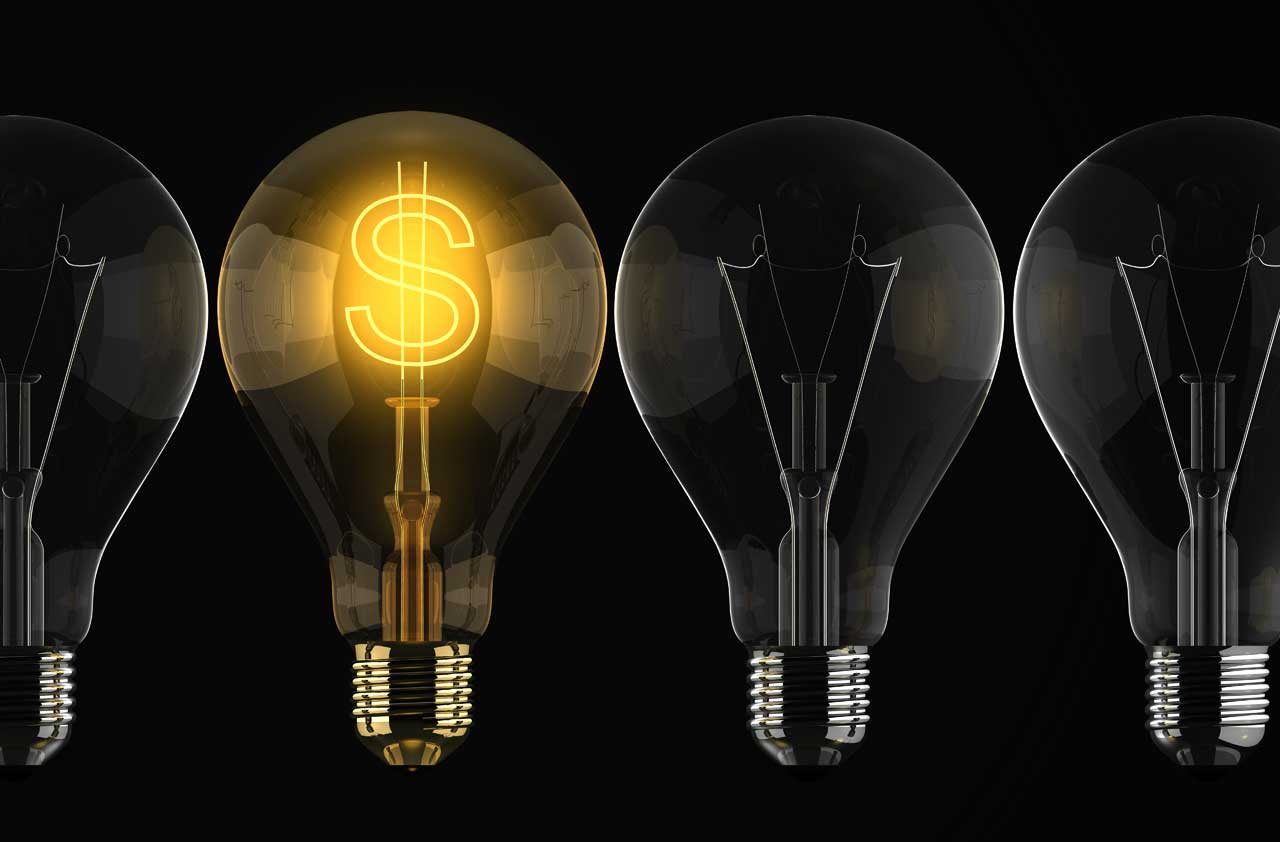
Profit and prosper with the best of Kiplinger's advice on investing, taxes, retirement, personal finance and much more. Delivered daily. Enter your email in the box and click Sign Me Up.
You are now subscribed
Your newsletter sign-up was successful
Want to add more newsletters?

Delivered daily
Kiplinger Today
Profit and prosper with the best of Kiplinger's advice on investing, taxes, retirement, personal finance and much more delivered daily. Smart money moves start here.

Sent five days a week
Kiplinger A Step Ahead
Get practical help to make better financial decisions in your everyday life, from spending to savings on top deals.

Delivered daily
Kiplinger Closing Bell
Get today's biggest financial and investing headlines delivered to your inbox every day the U.S. stock market is open.

Sent twice a week
Kiplinger Adviser Intel
Financial pros across the country share best practices and fresh tactics to preserve and grow your wealth.

Delivered weekly
Kiplinger Tax Tips
Trim your federal and state tax bills with practical tax-planning and tax-cutting strategies.

Sent twice a week
Kiplinger Retirement Tips
Your twice-a-week guide to planning and enjoying a financially secure and richly rewarding retirement

Sent bimonthly.
Kiplinger Adviser Angle
Insights for advisers, wealth managers and other financial professionals.

Sent twice a week
Kiplinger Investing Weekly
Your twice-a-week roundup of promising stocks, funds, companies and industries you should consider, ones you should avoid, and why.

Sent weekly for six weeks
Kiplinger Invest for Retirement
Your step-by-step six-part series on how to invest for retirement, from devising a successful strategy to exactly which investments to choose.
For most of the past decade, investors have embraced the idea that companies should pay them first—via fat dividend checks or stock buybacks that bump up investors’ share of company profits—rather than funneling cash back into the business.
But investors are starting to get jazzed about capital spending, too, whether it’s the opening of a new data center, the retooling of an aging manufacturing plant, or increased spending on tech to boost competitiveness and help a business grow. Since the start of 2016, a basket of stocks of companies investing the most for growth—which includes capital expenditures (or “capex”), and research and development, have gained a cumulative 63%, compared with just 34% for firms that are returning cash to shareholders, according to Goldman Sachs data through early July.
Capital expenditures are on the upswing as many companies take advantage of savings from a lower tax rate and a more favorable depreciation schedule. The increase is not surprising, considering that the average age of corporate “fixed” assets—buildings, equipment, office furniture and the like—is now 16.3 years old, according to Strategas Securities. The last time assets were that old was back in the 1960s.
For 2018, capex spending by S&P 500 companies could climb to an estimated $690 billion, up 10% from 2017 and the highest dollar amount since 2014, predicts Goldman Sachs. That makes it a good time to buy into companies that are investing in themselves, like these six firms
Prices and other data are as of August 31.
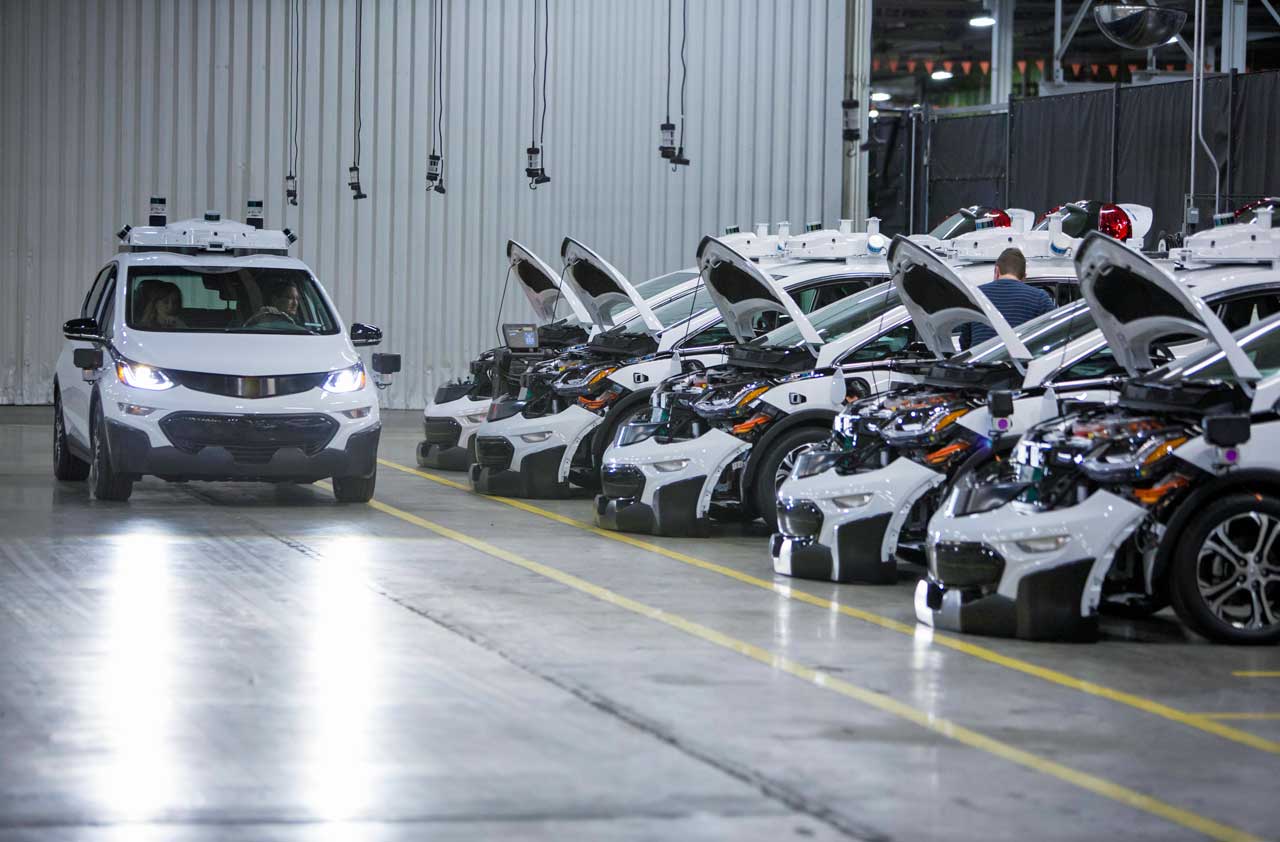
General Motors
Today’s General Motors (symbol GM, $34.38) isn’t your father’s GM. The 110-year-old Detroit-based automaker is positioning itself as a leader in new growth areas, such as electric cars and driverless vehicles. And its investments to do so are sizable. In the second quarter of 2018, GM’s capital spending outlays totaled nearly $6.7 billion, which ranked first among companies in the S&P 500. Among other things, the money is going toward developing faster-charging batteries for electric cars and funding Cruise Automation, GM’s driverless-car unit. GM has promised to launch a self-driving car with no steering wheel, pedals or manual controls by 2019.
JPMorgan Chase auto analyst Ryan Brinkman says the rollout schedule gives GM “a significant first-mover advantage” in the market for autonomous cars. Despite a recent downdraft in the stock due to auto-tariff headwinds, he believes GM’s shares could trade at $58 by the end of the year, which represents a nearly 70% increase from its recent close.
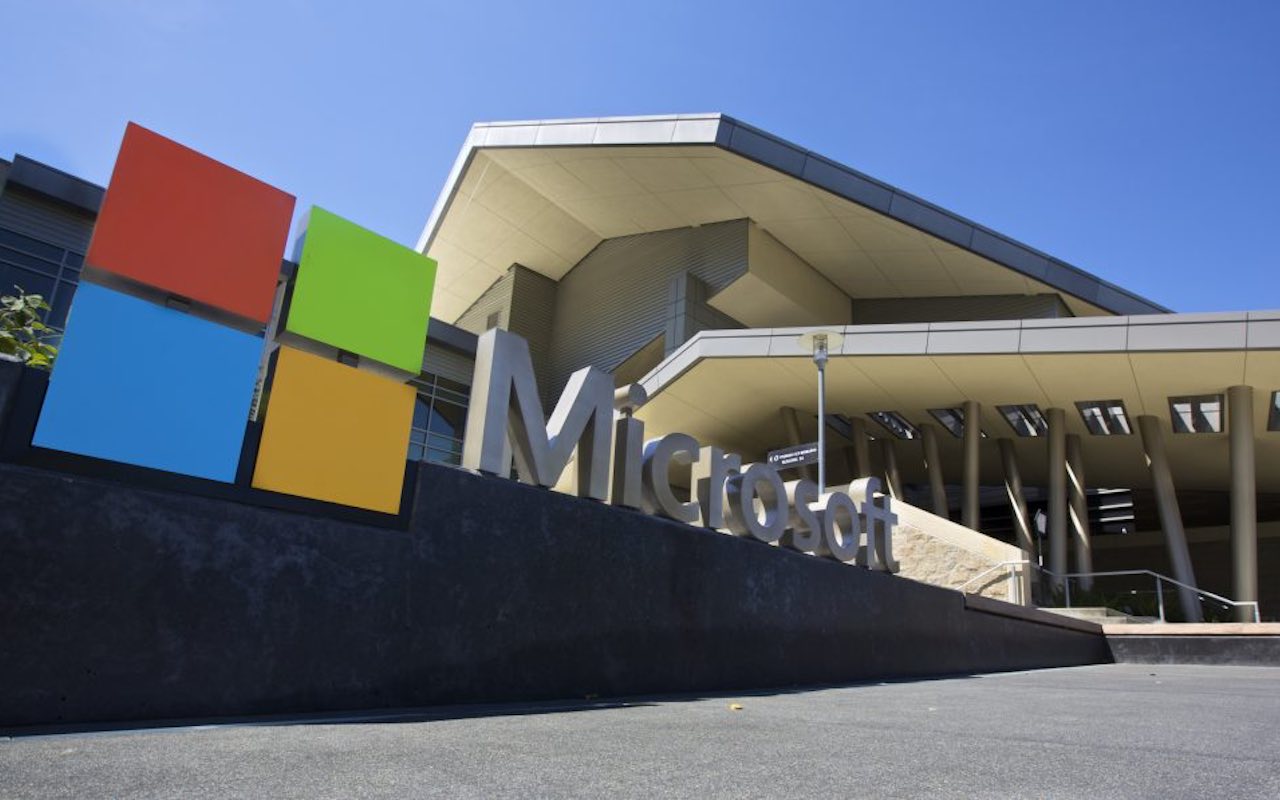
Microsoft
Most investors still equate this tech giant with its Xbox gaming console, Office software suite or Outlook e-mail program, but today’s Microsoft (MSFT, $108.74) is focused on cloud computing. Microsoft’s most recent earnings report shows that for the quarter ending June 30, the company’s Intelligent Cloud unit—which includes Azure, it’s publicly accessible cloud service—posted a 23% jump in revenues, to $9.6 billion, accounting for nearly 32% of Microsoft’s total sales of $30.1 billion.
It takes money to build sales and market share. Microsoft spent $4 billion on capex in the three months that ended in June—up 74.3% from a year ago, according to S&P Global Market Intelligence. In June, the company announced plans to build two new cloud data centers in Norway, and it began testing one on the sea floor off the coast of Scotland that will deliver Internet and cloud services to coastal cities.
Microsoft made a sizable investment in its gaming business, too, with the goal of creating more games exclusively for its Xbox One console. The company is also working on a subscription-based game-streaming service in a bid to become the “Netflix of gaming,” says Morgan Stanley analyst Keith Weiss, who says the stock, with a current market value of more than $860 billion, could reach $1 trillion in market value by March 2019.
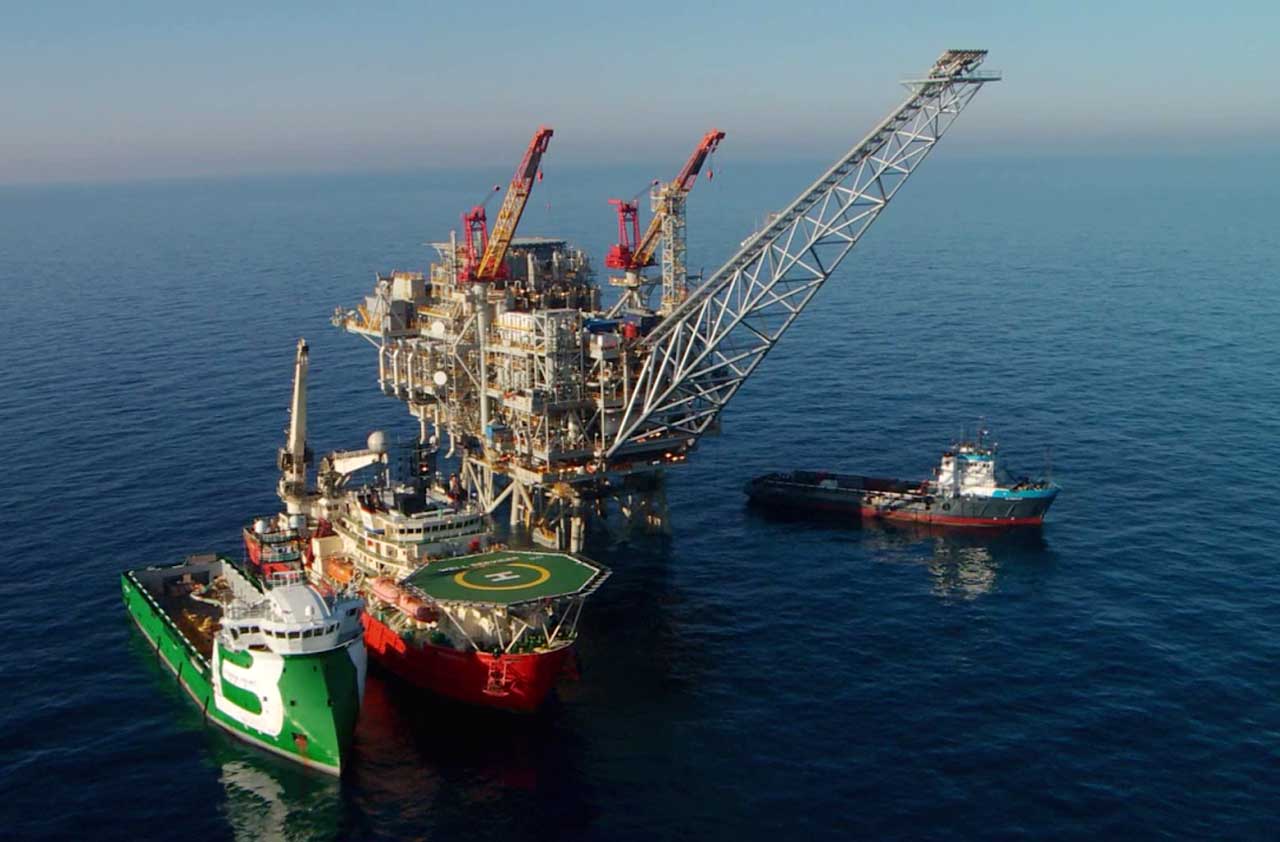
Noble Energy
Drillers in the capital-intensive business of energy exploration like nothing better than rising oil prices, which are up 167% from a low in 2016. But acquisitions made when oil prices were sinking and the industry was floundering have set up Noble Energy (NBL, $29.34) nicely for future growth, says Welles Fitzpatrick, an analyst at SunTrust Robinson Humphrey. Noble bought Rosetta Resources in 2015 and Clayton Williams Energy last year “on the cheap,” says Fitzpatrick, adding 4,200 U.S. drilling sites with the deals. “The conviction to buy oil assets in those dark times really speaks to the company’s long-term vision,” he says.
Noble plans to plow $2.7 billion to $2.9 billion into the business this year. Nearly 70% of the investment will be spent on onshore U.S. assets, and about 25% will be allocated overseas, primarily for the development of its Leviathan offshore natural gas field off the coast of Israel. Noble expects Leviathan to account for 25% of 2020 production.
“Leviathan will be the highest-return-generating asset in Noble’s portfolio,” says Norm MacDonald, portfolio manager at Invesco Energy Fund. After tumbling more than 23% in 2017, Nobel’s shares are up nearly 3% this year, but they have more room to run, say the bulls.
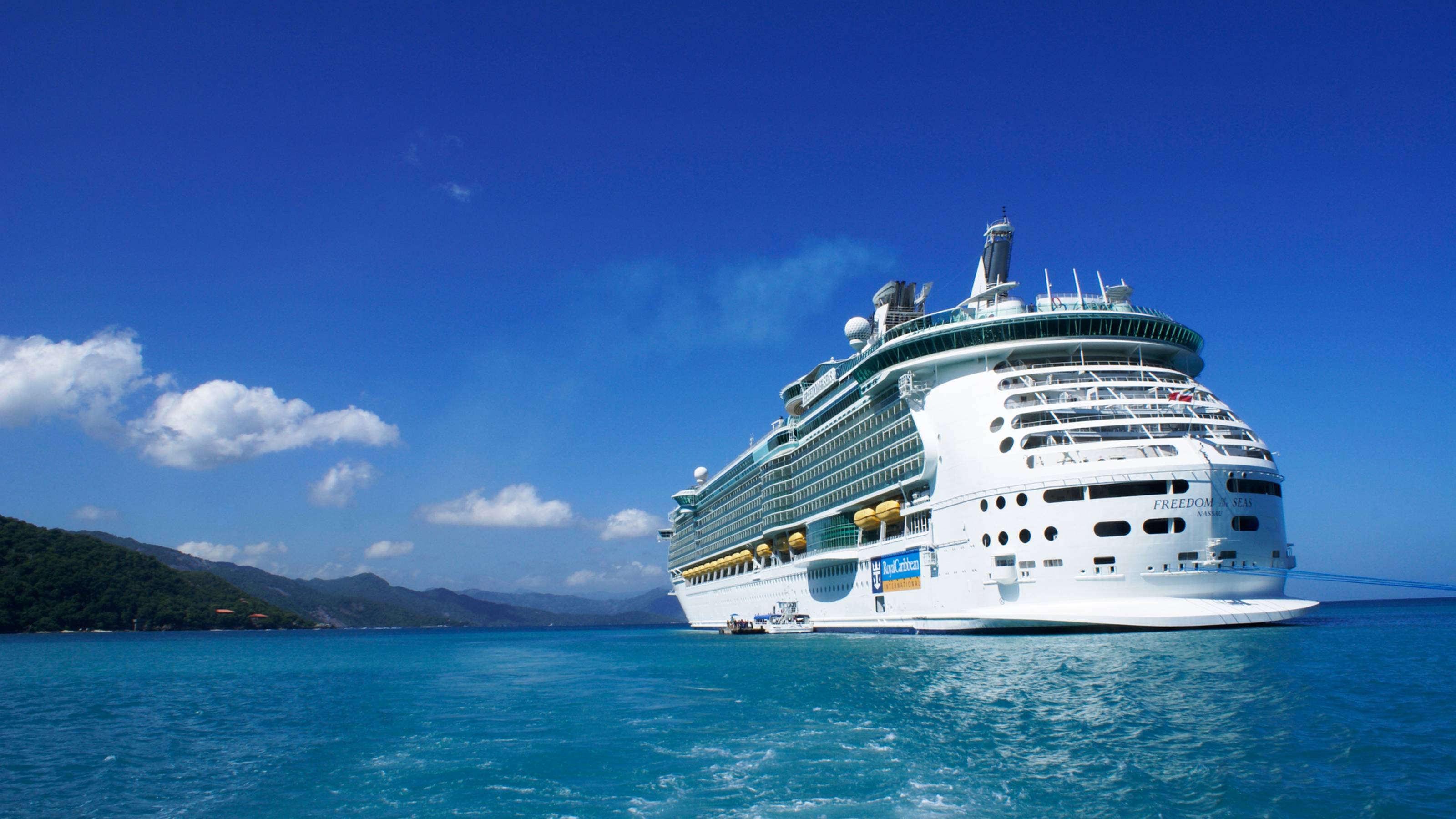
Royal Caribbean Cruises
Royal Caribbean (RCL, $124.04) recently spent more than $1 billion to build the biggest cruise ship ever. The 228,081-ton Symphony of the Seas (pictured here) set sail on its maiden voyage in April from Barcelona. The palace-at-sea features glow-in-the-dark laser tag, a surfing simulator, and a one-of-a-kind, two-story family suite with its own private 3-D cinema. The jumbo purchase boosted the world's second-biggest cruise company's capex spending to $1.72 billion in 2018’s first quarter alone, a 1,301% increase from a year ago. The firm spent another $493 million in the second quarter, a 231% jump from last year's April–June quarter.
In all, Royal Caribbean will roll out four new ships this year. And Spectrum of the Seas, the largest, most expensive ship in Asia, is slated to set sail in June 2019. The spending spree comes at a time when U.S. consumers are feeling better about their finances. There are few, if any, signs of a recession, and the U.S. unemployment rate is at an 18-year low. As a result, bookings are tracking ahead of last year, and passengers are paying higher rates for tickets, as well as spending more on booze, food and on-board activities. And yet the stock is a bargain, trading at 12 times estimated 2019 earnings of $10.08 per share, compared with a price-earnings ratio of 16 for the S&P 500.
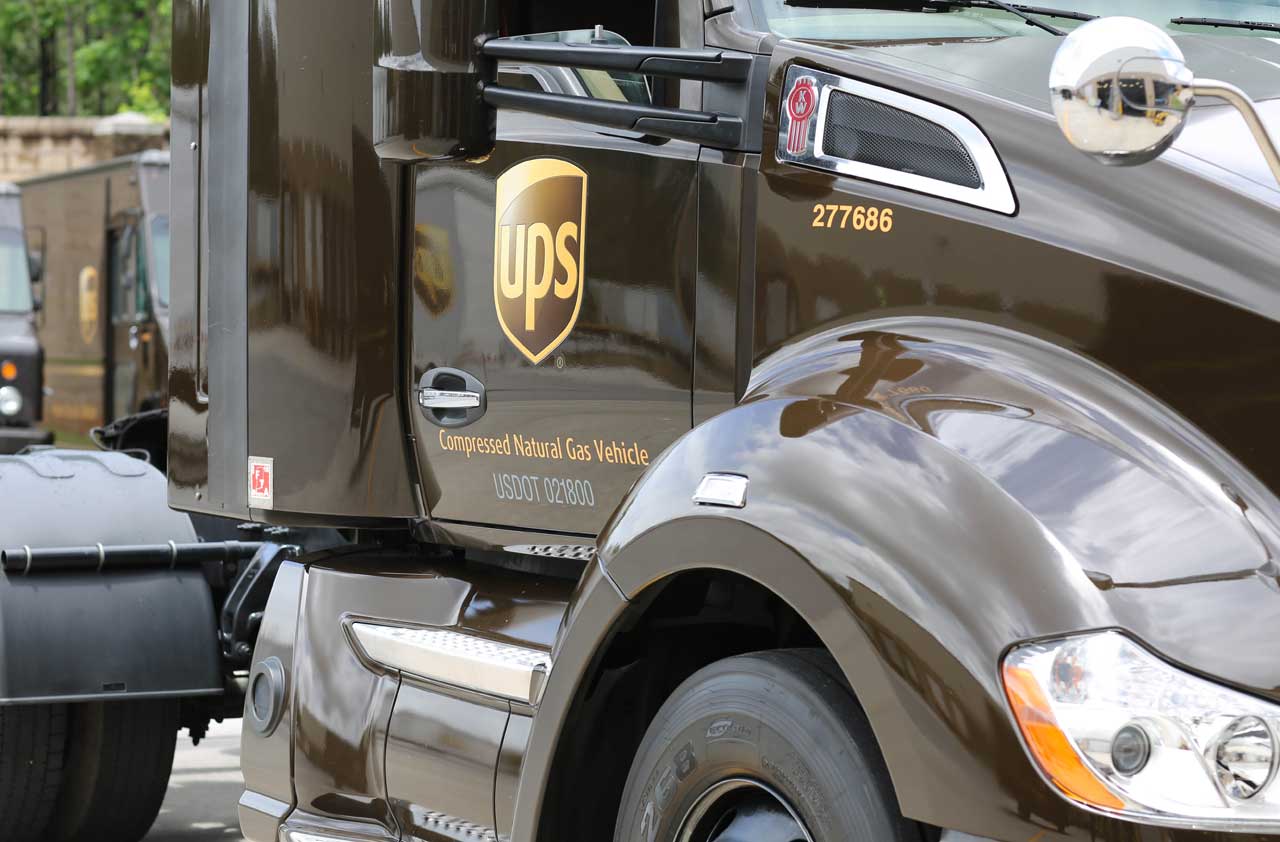
United Parcel Service
The world leader in delivering small packages is known for its brown trucks, efficiency and reliability. But as online shopping increases and Amazon.com’s digital sales soar, United Parcel Service (UPS, $123.70) is modernizing its facilities to keep up with demand. Big Brown kicked off a three-year spending plan in 2018, bringing capex investment to $20 billion in the 2018–20 period, analysts say.
The money will be used to open or upgrade 18 facilities, including new regional hubs in Salt Lake City and Atlanta, as well as in London and Paris. In all, UPS is adding 5 million square feet of package-sorting capacity. In February, UPS announced an order for 14 Boeing 747-800 cargo jets and four 767 aircraft. The goal: to earn more profit on each package and reduce the bottlenecks that plagued UPS during the past holiday season, when delivery requests outstripped forecasts. “UPS has seemingly put its execution issues behind it,” says Jim Corridore, of Wall Street research firm CFRA, who recommends the stock.

Regeneron Pharmaceuticals
Perhaps no sector of the economy burns through more cash to drive future growth than health care—especially companies in the business of developing new drugs and getting them to market. Biotech firm Regeneron (REGN, $397.93) has a history of success with medicines such as Eylea, which treats macular degeneration, and has prospects that could emerge as name-brand drugs with big profit potential. Six are currently in the Food and Drug Administration’s third and final trial phase, including a drug that targets respiratory viruses and another for osteoarthritis-related pain. Regeneron has a total of 25 drugs in its pipeline.
Shepherding medicines from the testing lab to patients is expensive. Regeneron spent $1.03 billion in the first six months of 2018 on research and development, up slightly from the same period last year. The firm expects to spend $1.2 billion to $1.3 billion for the full year. Still, the biotech’s profitability is solid. CFRA analyst Jeffrey Loo, who has a “buy” rating on the shares, estimates earnings per share of $19.95 this year, or roughly double 2017 profits, and forecasts 10% profit growth in 2019.
Profit and prosper with the best of Kiplinger's advice on investing, taxes, retirement, personal finance and much more. Delivered daily. Enter your email in the box and click Sign Me Up.
-
 Ask the Tax Editor: Federal Income Tax Deductions
Ask the Tax Editor: Federal Income Tax DeductionsAsk the Editor In this week's Ask the Editor Q&A, Joy Taylor answers questions on federal income tax deductions
-
 States With No-Fault Car Insurance Laws (and How No-Fault Car Insurance Works)
States With No-Fault Car Insurance Laws (and How No-Fault Car Insurance Works)A breakdown of the confusing rules around no-fault car insurance in every state where it exists.
-
 Why Picking a Retirement Age Feels Impossible (and How to Finally Decide)
Why Picking a Retirement Age Feels Impossible (and How to Finally Decide)Struggling with picking a date? Experts explain how to get out of your head and retire on your own terms.
-
 S&P 500 Hits New High Before Big Tech Earnings, Fed: Stock Market Today
S&P 500 Hits New High Before Big Tech Earnings, Fed: Stock Market TodayThe tech-heavy Nasdaq also shone in Tuesday's session, while UnitedHealth dragged on the blue-chip Dow Jones Industrial Average.
-
 Why I Trust These Trillion-Dollar Stocks
Why I Trust These Trillion-Dollar StocksThe top-heavy nature of the S&P 500 should make any investor nervous, but there's still plenty to like in these trillion-dollar stocks.
-
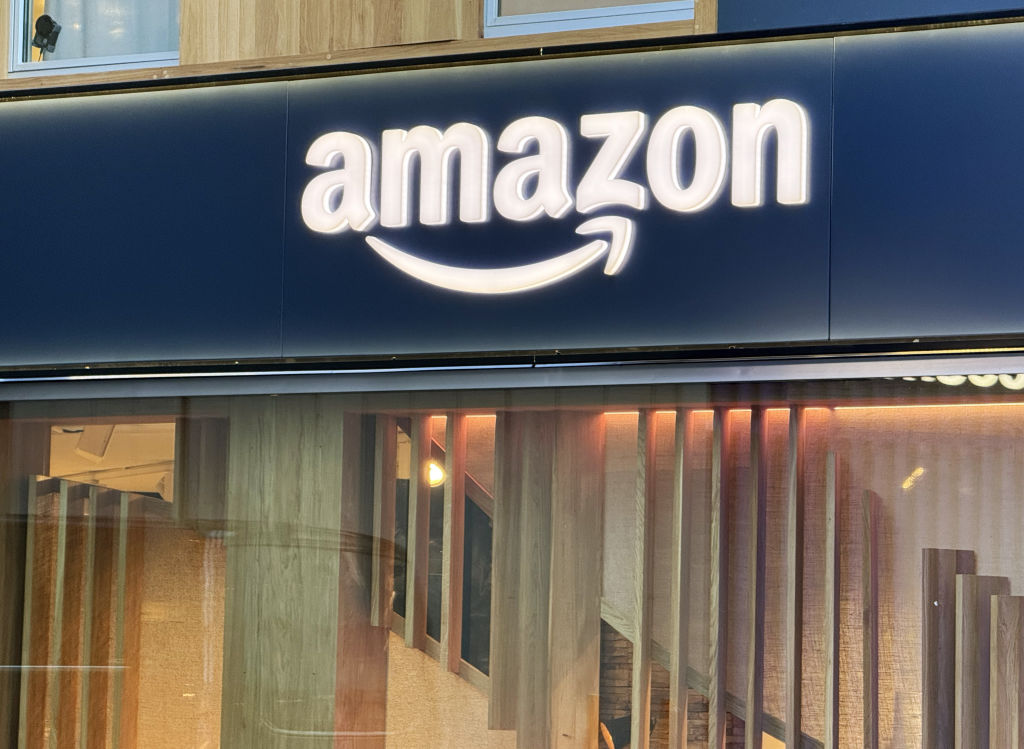 Stocks Close Out Strong Month With Solid Amazon Earnings: Stock Market Today
Stocks Close Out Strong Month With Solid Amazon Earnings: Stock Market TodayAmazon lifted its spending forecast as its artificial intelligence (AI) initiatives create "a massive opportunity."
-
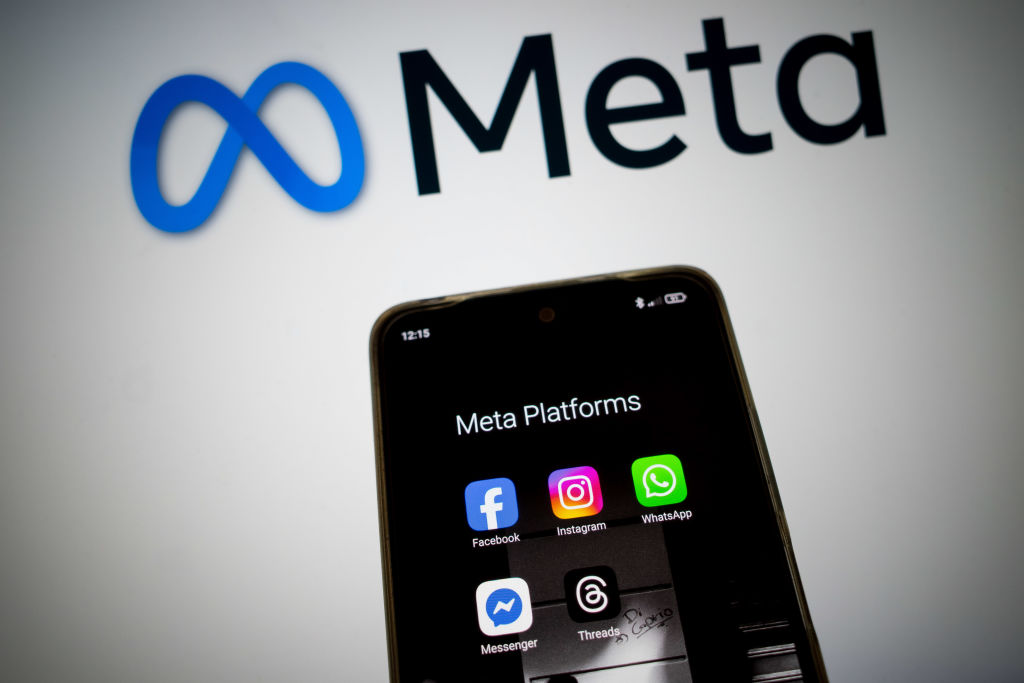 Stocks Sink with Meta, Microsoft: Stock Market Today
Stocks Sink with Meta, Microsoft: Stock Market TodayAlphabet was a bright light among the Magnificent 7 stocks today after the Google parent's quarterly revenue topped $100 billion for the first time.
-
 3M, GM, Blue Chips Lead to the Upside: Stock Market Today
3M, GM, Blue Chips Lead to the Upside: Stock Market TodayThe S&P 500 followed the Dow Jones Industrial Average into green territory, but the Nasdaq lagged the other indexes because of its tech exposure.
-
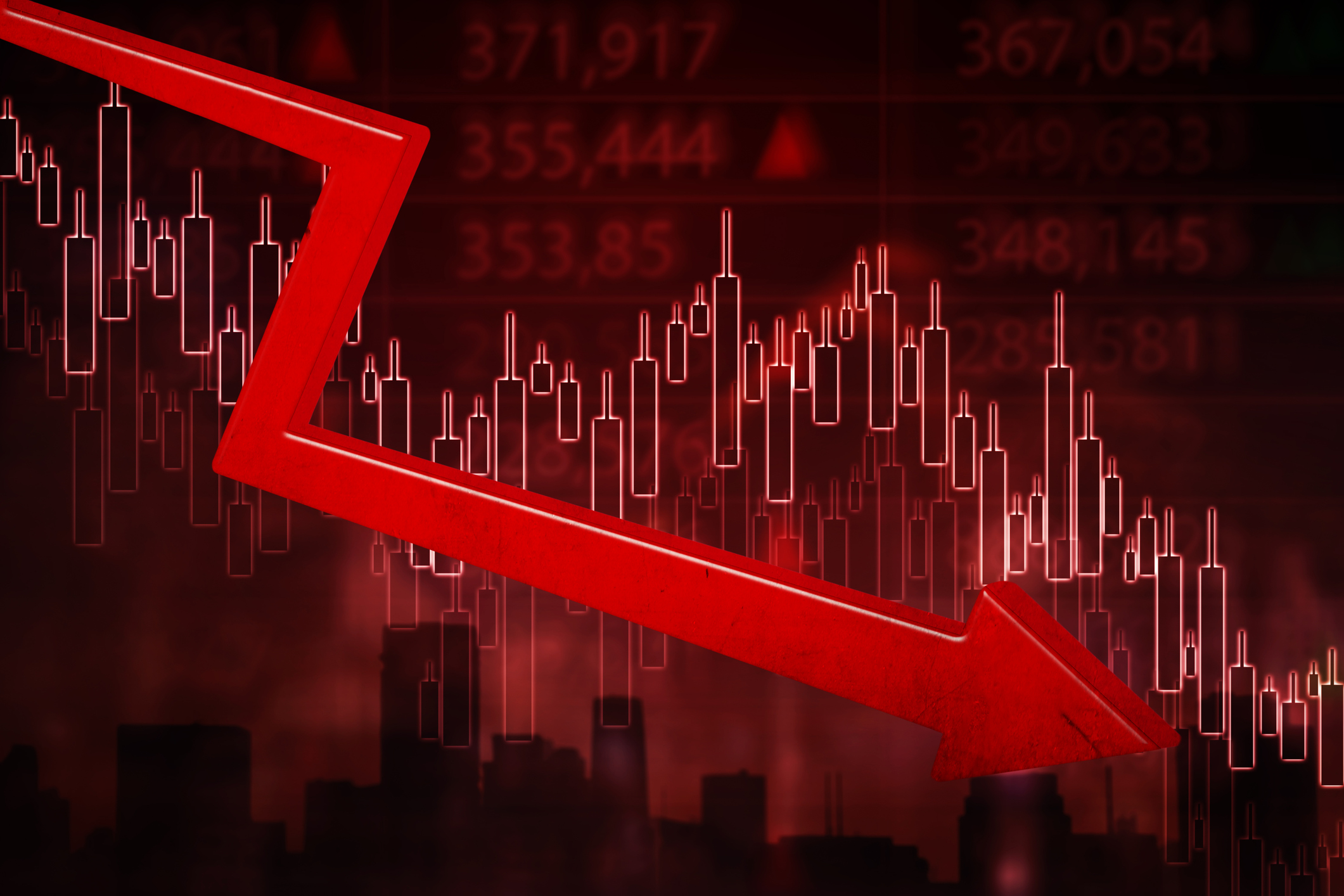 Stocks Are Down for a Third Straight Day: Stock Market Today
Stocks Are Down for a Third Straight Day: Stock Market TodayStocks have come a long way in a short time since April and remain near all-time highs as the end of the third quarter approaches.
-
 What Tariffs Mean for Your Sector Exposure
What Tariffs Mean for Your Sector ExposureNew, higher and changing tariffs will ripple through the economy and into share prices for many quarters to come.
-
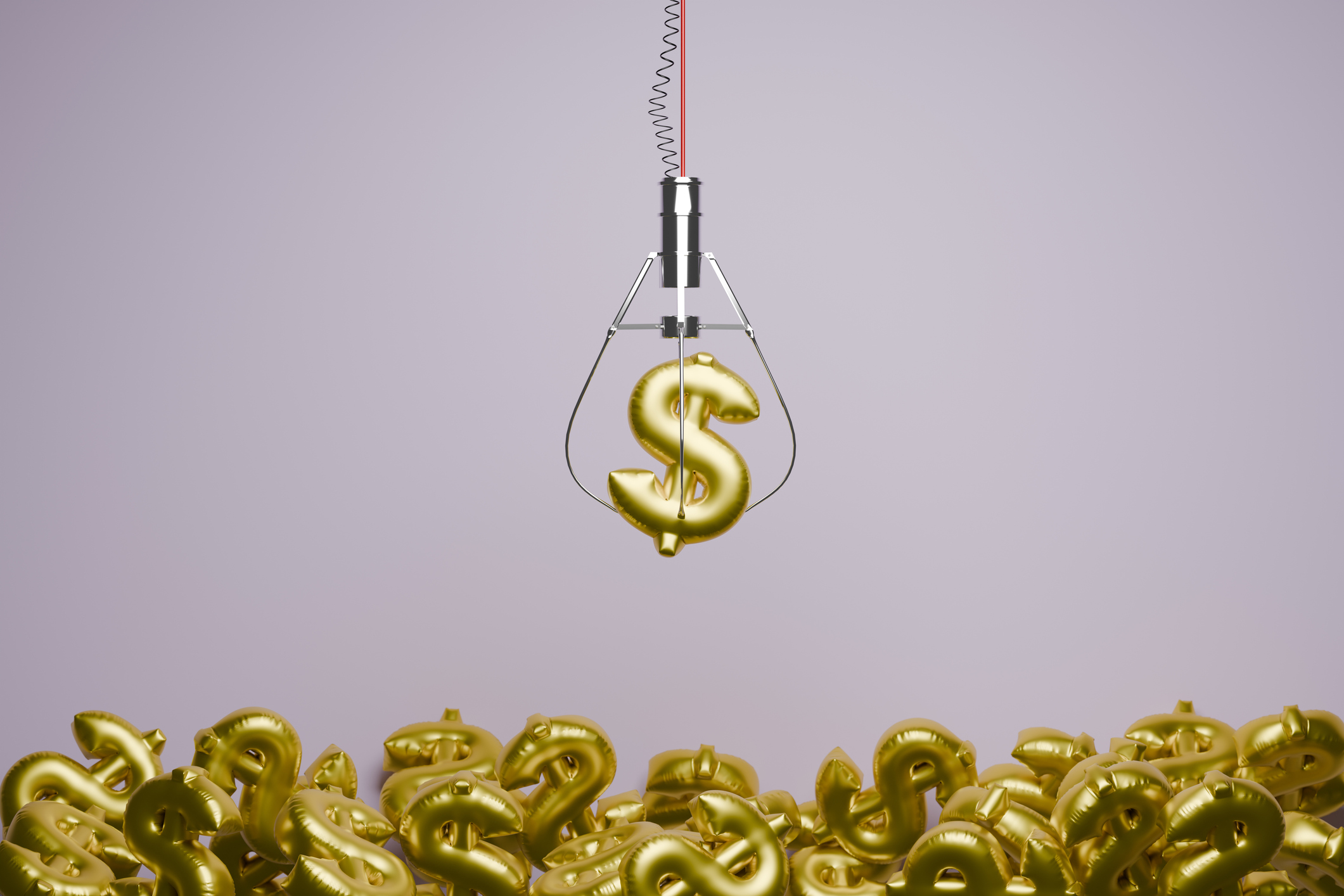 5 Undervalued Stocks to Buy Now
5 Undervalued Stocks to Buy NowThere are plenty of high-quality undervalued stocks to buy right now, you just need to know where to look. Here, we highlight five of our top picks.
